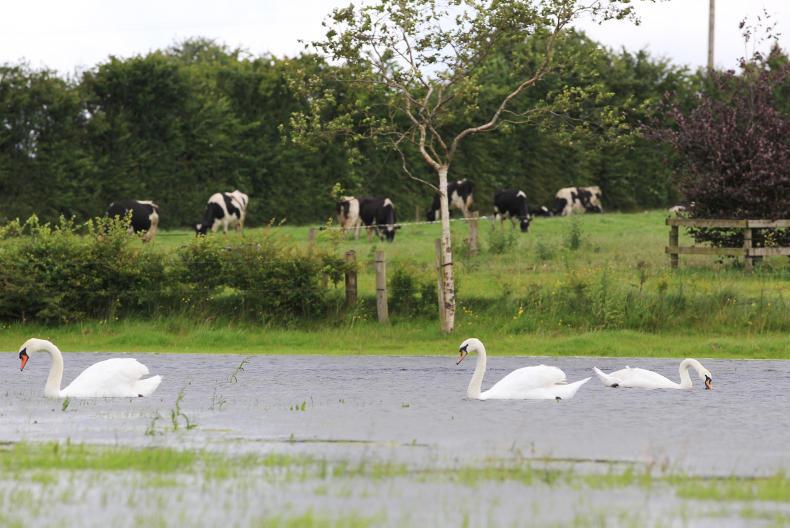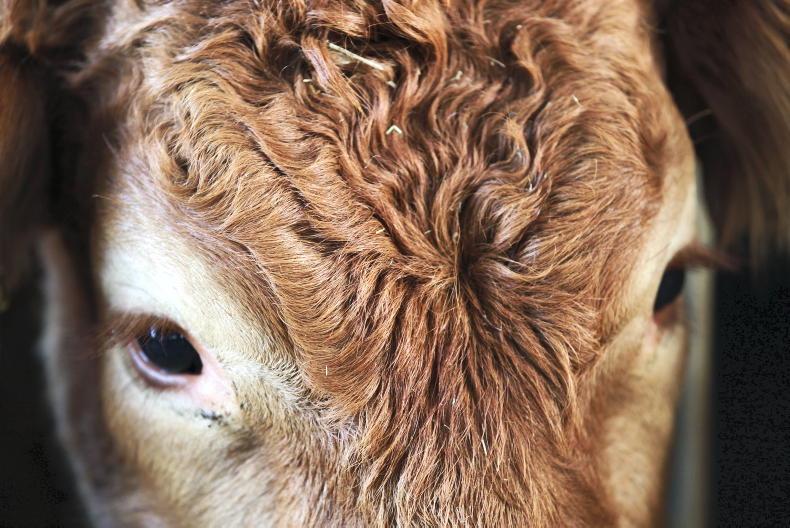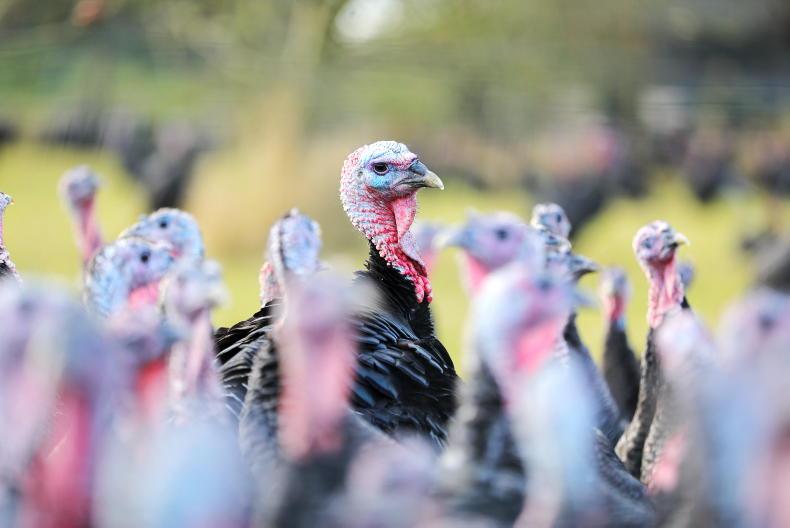DAERA said the swan was reported by a member of the public and subsequent testing at the Agri-Food and Biosciences Institute confirmed it had the strain of bird flu.
Outbreaks across Europe have been occurring since late October and cases have been identified in Britain since December.
There have been five cases of the bird flu confirmed in the Republic of Ireland, with the most recent in a swan in Roscommon on Monday the closest case to the Irish border to date.
“This finding [in Northern Ireland] is not unexpected and follows calls for bird keepers to be more vigilant for signs of the disease. It is possible that more cases will be confirmed,” DAERA chief vet Robert Huey said on Thursday.
Prevention Zone
An Avian Influenza Prevention Zone was declared in Northern Ireland in December was extended last month to 16 March.
The prevention zone means that all keepers of poultry and captive birds have to keep them indoors and must take steps to keep them separate from wild birds.
DAERA has pointed out that failure to comply with the housing requirement is an offence and could lead to prosecution.
Following confirmation of the bird flu case on Thursday, Huey said that there is a still a risk of infection in poultry units even with birds housed and urged farmers maintain good biosecurity practices.
"Clothing and equipment should be disinfected, the movement of poultry should be reduced and contact between poultry and wild birds should be minimised," he said.
Huey added that consumers should not be concerned about eating eggs or poultry and that the threat to public health from the virus is very low.
Read more
Avian flu threat to NI poultry industry
Full coverage: bird flu
DAERA said the swan was reported by a member of the public and subsequent testing at the Agri-Food and Biosciences Institute confirmed it had the strain of bird flu.
Outbreaks across Europe have been occurring since late October and cases have been identified in Britain since December.
There have been five cases of the bird flu confirmed in the Republic of Ireland, with the most recent in a swan in Roscommon on Monday the closest case to the Irish border to date.
“This finding [in Northern Ireland] is not unexpected and follows calls for bird keepers to be more vigilant for signs of the disease. It is possible that more cases will be confirmed,” DAERA chief vet Robert Huey said on Thursday.
Prevention Zone
An Avian Influenza Prevention Zone was declared in Northern Ireland in December was extended last month to 16 March.
The prevention zone means that all keepers of poultry and captive birds have to keep them indoors and must take steps to keep them separate from wild birds.
DAERA has pointed out that failure to comply with the housing requirement is an offence and could lead to prosecution.
Following confirmation of the bird flu case on Thursday, Huey said that there is a still a risk of infection in poultry units even with birds housed and urged farmers maintain good biosecurity practices.
"Clothing and equipment should be disinfected, the movement of poultry should be reduced and contact between poultry and wild birds should be minimised," he said.
Huey added that consumers should not be concerned about eating eggs or poultry and that the threat to public health from the virus is very low.
Read more
Avian flu threat to NI poultry industry
Full coverage: bird flu









SHARING OPTIONS